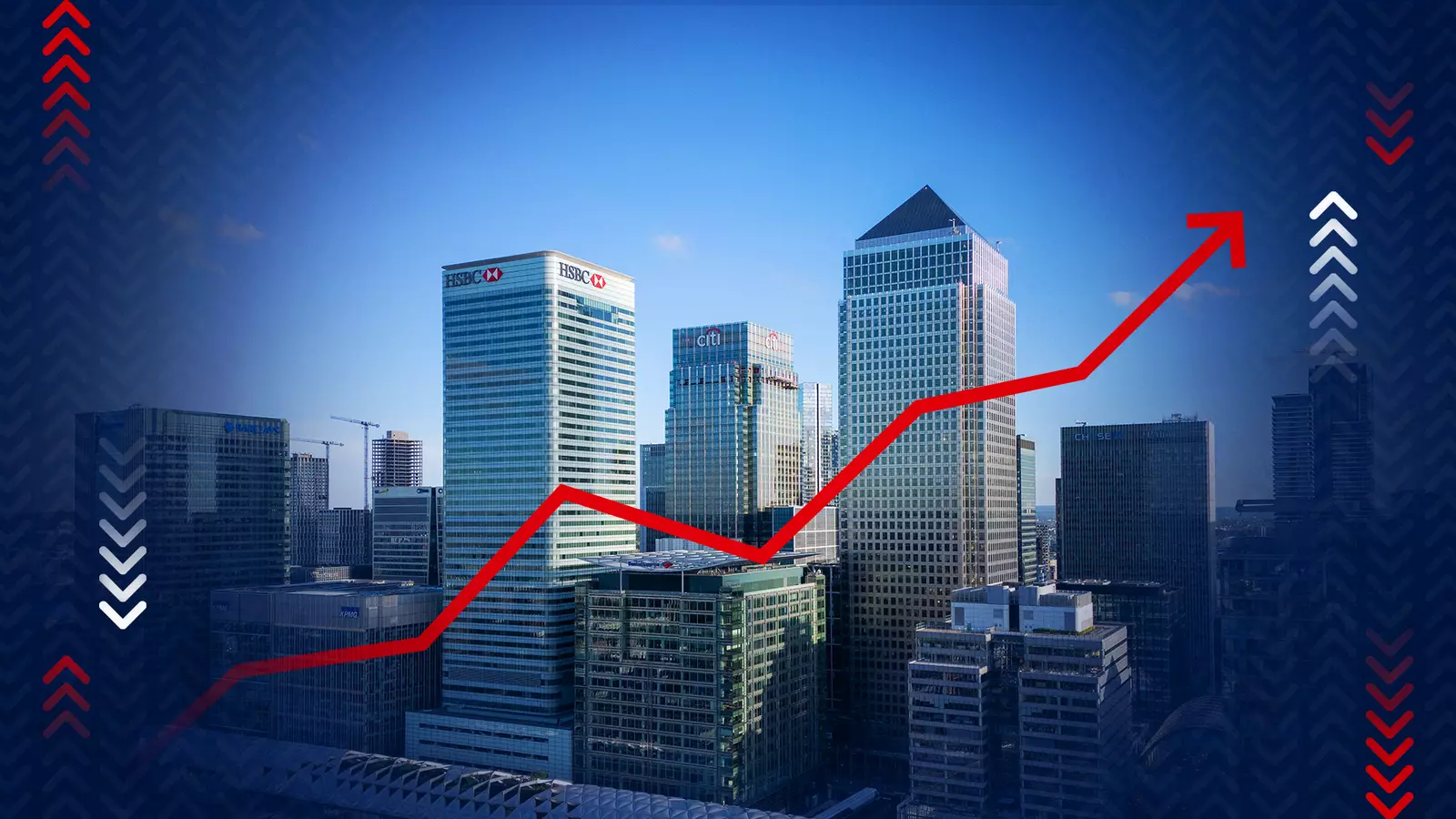The Office for National Statistics (ONS) recently reported that the UK economy experienced zero growth in July, marking the second consecutive month of stagnation. Economists were taken by surprise as they had anticipated a slight expansion in GDP following the election of the Labour government. The unexpected flatline underscores the fragile state of the economy and raises concerns about its future trajectory.
Longer-Term Strength in Services Sector
Despite the recent stagnation, there are signs of “longer-term strength” in the services sector. Over the past three months, there has been a 0.5% expansion in the economy, with the services sector leading the way. However, this growth was not uniform across all industries, as gains in sectors such as computer programming were offset by declines in advertising, architecture, and engineering. The mixed performance of different sectors highlights the uneven nature of the economic recovery.
The manufacturing sector experienced a decline in output due to a slump in car and machinery production. Similarly, the construction industry saw a decrease in activity, contributing to the overall stagnation in the economy. These challenges in key sectors point to structural issues that need to be addressed to stimulate growth and create sustainable economic opportunities.
With the stagnation in the economy, there are concerns about the future trajectory of interest rates. Market expectations suggest that the Bank of England will keep rates unchanged in the upcoming meeting, as policymakers evaluate the best course of action to combat inflation. However, a potential rate cut in November could be on the horizon, with forecasts indicating a reduction to 4.75%. The decision on interest rates will play a crucial role in shaping the economic outlook and supporting recovery efforts.
Political Response and Challenges Ahead
In response to the stagnation in the economy, Chancellor Rachel Reeves acknowledged the scale of the challenge facing the country. Reeves emphasized the need for a long-term strategy to address the underlying issues contributing to the economic slowdown. Despite two consecutive quarters of positive growth, there is a recognition that more needs to be done to overcome the legacy of stagnation that has persisted for over a decade.
The recent flatline in the UK economy highlights the fragility of the recovery and the challenges that lie ahead. While there are pockets of growth in certain sectors, the overall outlook remains uncertain. Policymakers must take decisive action to stimulate economic activity, create jobs, and foster innovation to ensure a sustainable and inclusive recovery for all.



Leave a Reply